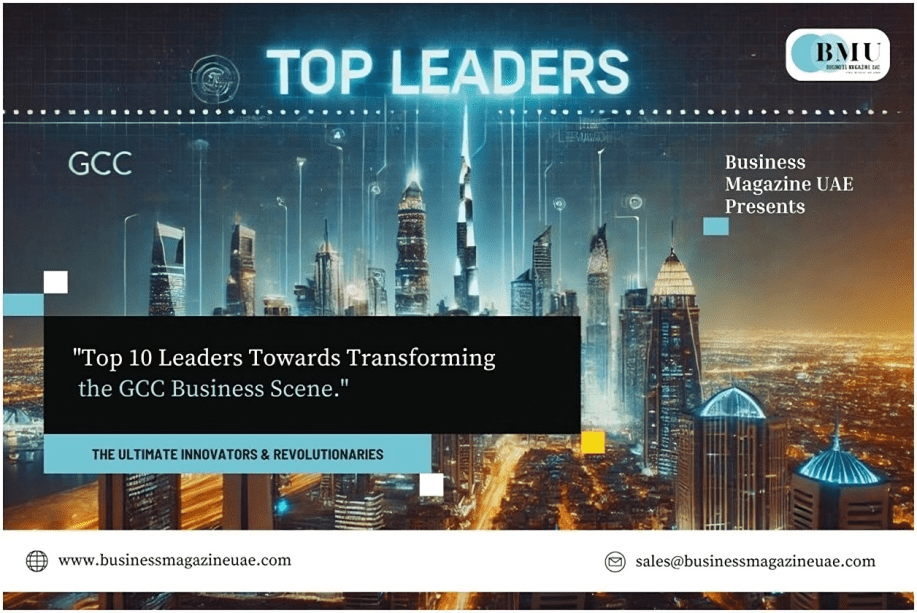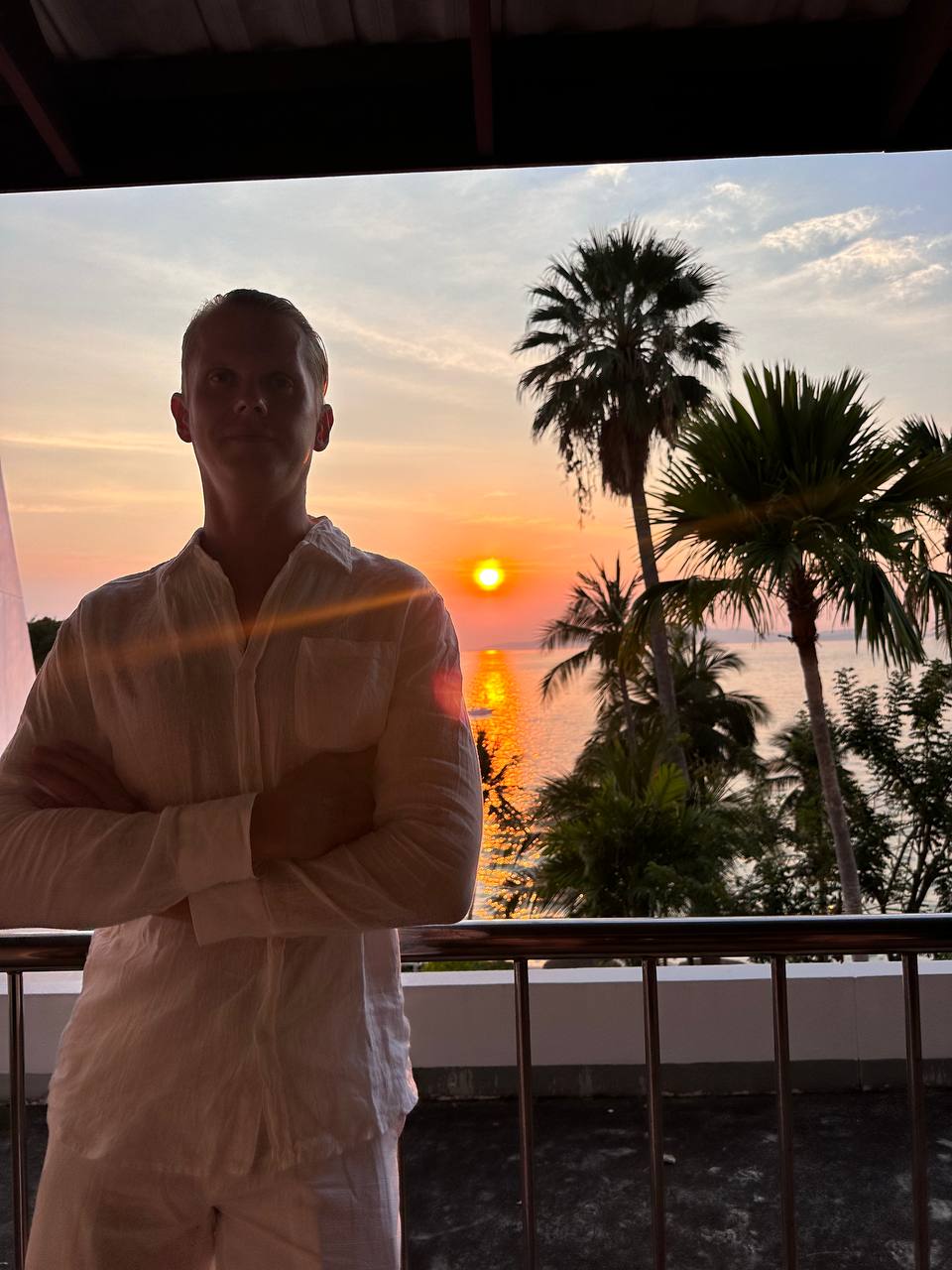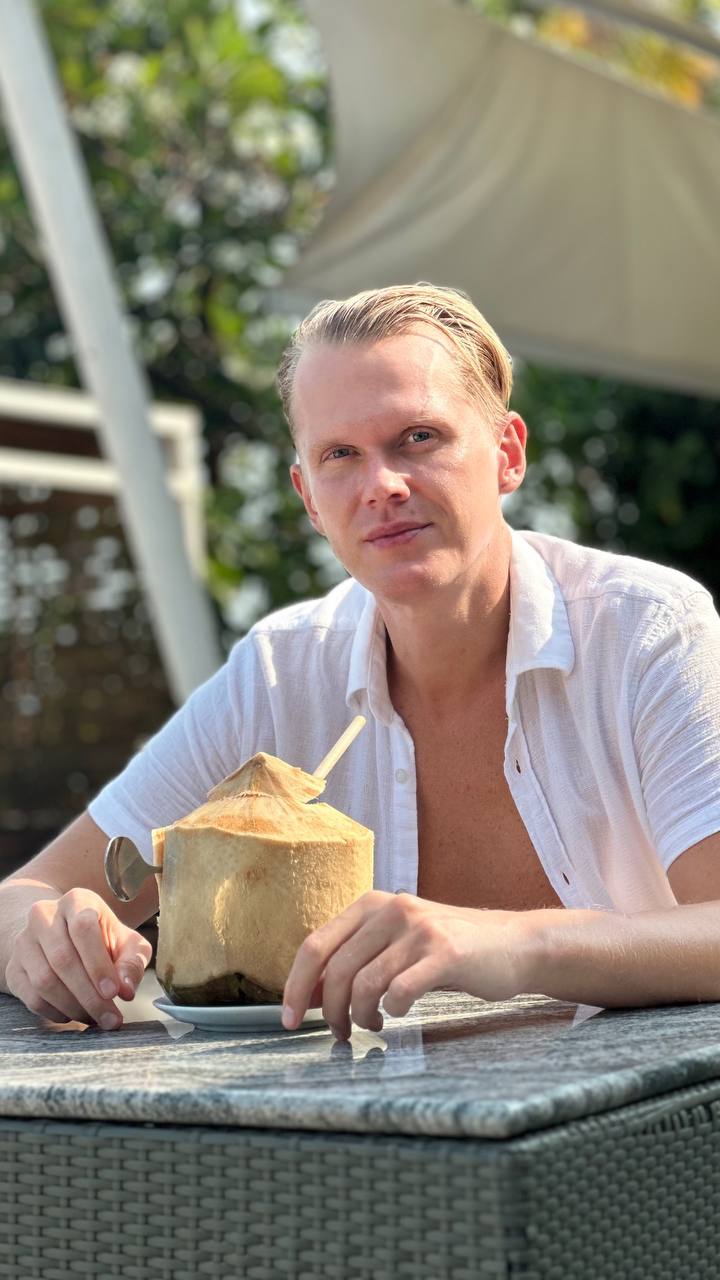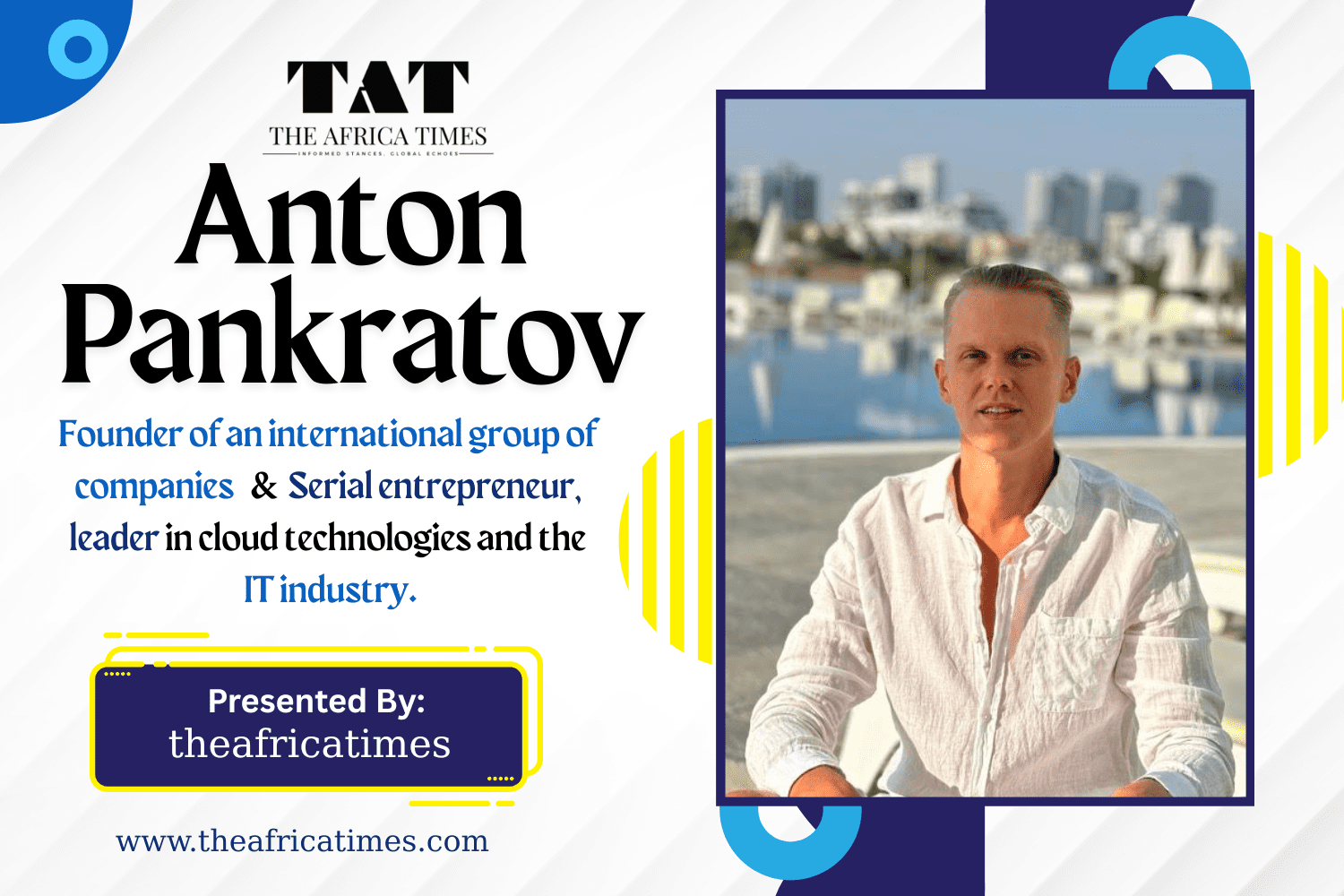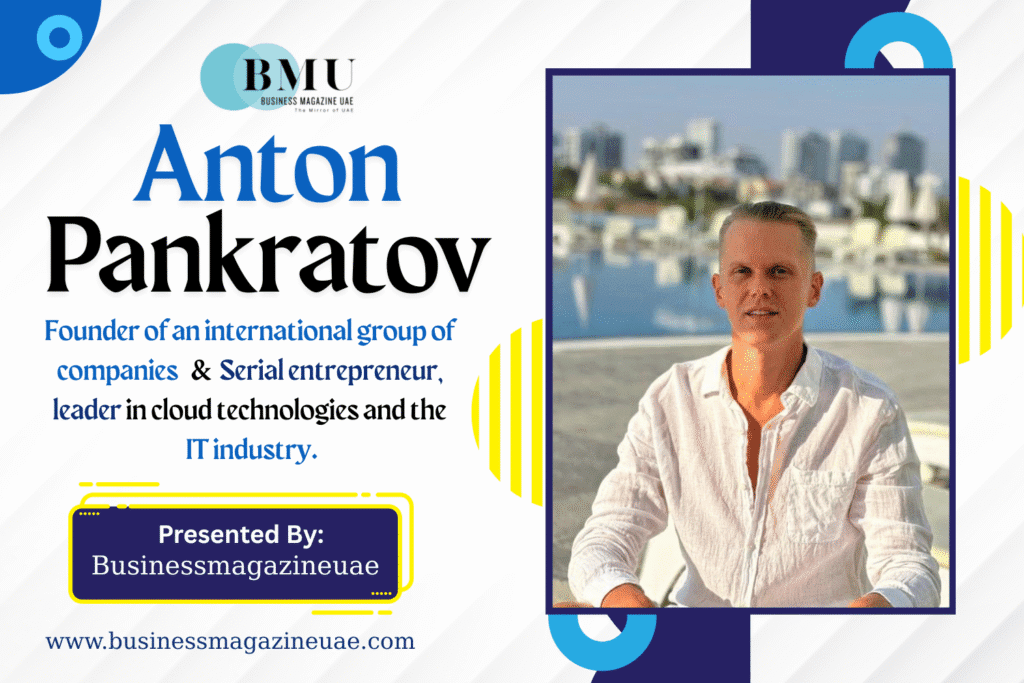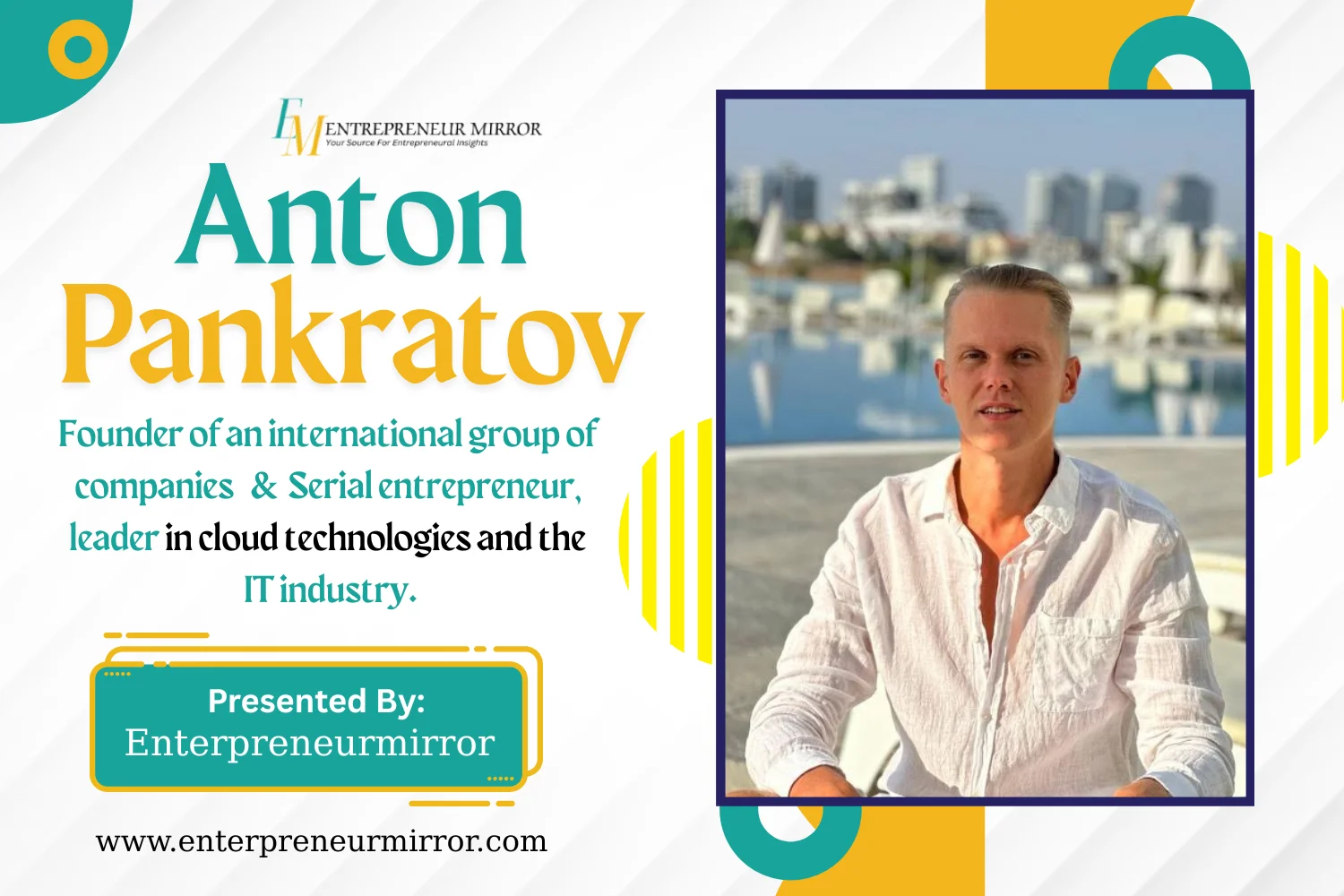I earned my first money in childhood by collecting and selling waste paper and glass bottles. It was my first conscious experience of exchanging effort for results. I spent that money on Turbo gum and sweets – those simple joys that, in childhood, seemed like a true symbol of success. This moment opened my eyes to an important realization: work bears fruit, and value is created where there is need. It was my first step in understanding that what matters is not just earning money, but creating something more meaningful.
Since my earliest days, I have been drawn to entrepreneurship. One day during an economics class, my teacher said, “Only 1% of you will become entrepreneurs.” That phrase struck a chord in my heart and became my motivation. I realized that my path lay in that very 1%, and from then on, I began seeking inspiration in the world around me: studying the stories of successful people, observing the workings of various businesses, and looking for opportunities to realize my ideas. For me, entrepreneurship became not just a way to earn money, but a chance to change the world and create value for others.
When I launched my first company in 2005, I felt that I was on the right track. My partners and I started with website development and later opened an online store for mobile phones and electronics. The business quickly became successful and began generating profits. However, soon one of the partners got involved in gambling, which led to financial losses and the closure of the company. This experience taught me an important lesson: in partnerships, one must consider not only common goals but also shared values and the responsibility of each participant.
The failure of the online store did not stop me; on the contrary, it pushed me towards a new project. I founded JustHost—a hosting company that eventually became a market leader. The success of this project proved to me that behind every failure lie opportunities for growth and self-improvement. Since then, I have ventured into various fields, including fast food, IT solutions, and educational projects, but my primary goal has always been to create projects that bring real benefits to people.
However, failures are an inevitable part of an entrepreneur’s journey. I learned to view them as lessons rather than endpoints. For example, with the “Foldable Pizza” project, we overlooked important factors such as high rent and the lack of delivery during the COVID-19 period. The pandemic revealed the vulnerability of a business dependent on customer flow. I realized that any project must be resilient to external crises and changes.
The most important lesson I learned is that success in business is not just about money, but about creating value. A business without a mission turns into a race for numbers. Only with genuine commitment and meaningful purpose does it become truly successful and sustainable.
Every failure became a step forward, allowing me to improve my strategies and view business from a new perspective. I realized that failures are opportunities for growth, rethinking strategy, and a deeper approach to the work.

















